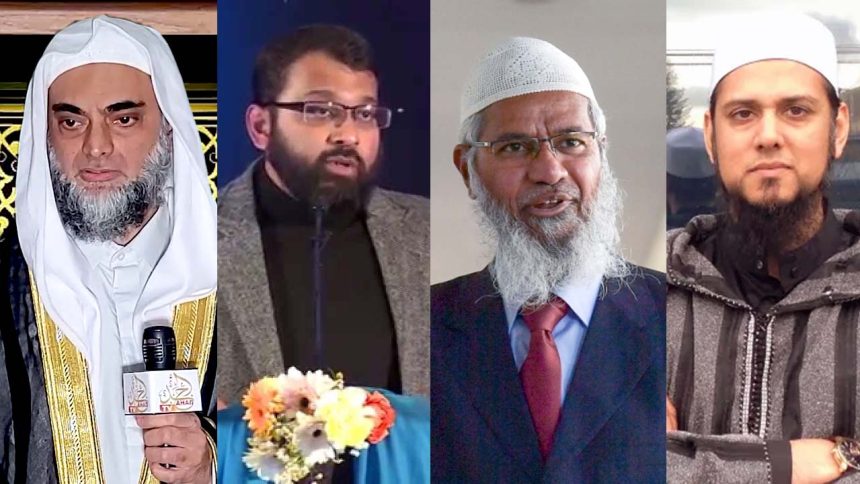Publishing Date: 31-03-2019
In the aftermath of the September 11 attacks, Western media’s portrayal of jihad in Islam has perpetuated misinterpretations, leading to widespread misconceptions, and fostering Islamophobia and racism globally.
“The evolving interpretations of jihad and martyrdom in the 21st-century world are leading to extreme violence against innocent civilians, both Muslim and non-Muslim”, Mythen et al. (2009)
The Western media, including outlets in Australia, the UK, and beyond, have often sensationalized and distorted the concept of jihad, equating it with terrorism and violence. Such misrepresentations, fueled by inflammatory rhetoric, have led to the stigmatization of Muslims and the perpetuation of harmful stereotypes, fostering racism and islamophobia. The evolving interpretations of jihad and martyrdom in the 21st-century world are leading to violence against innocent civilians, both Muslim and non-Muslim, as observed by Mythen et al. (2009).
Moreover, online platforms dedicated to attacking Islam, such as “Jihad Watch” and “Stop the Islamization of America,” further trigger misinterpretations by promoting a narrative of Islam as inherently violent and incompatible with Western values. The consequences of these misinterpretations are dire, with Muslim communities in Western countries, including Australia and the UK, becoming targets of hate attacks and discrimination.,
Renowned Islamic scholar Dr. Zakir Naik condemned the widespread atrocities occurring around the world in the name of Jihad.
“Jihad is misunderstood, it means to strive and struggle to make society better.”
He emphasized that Islam prohibits the killing of any innocent person, regardless of their faith, and lamented the double standards perpetuated by Western powers and media.
Meanwhile, Mufti Aasim Rashid reflected on the challenges faced by Muslims, especially in the aftermath of events like the 9/11 attacks and the rise of extremist groups.
“Our relationship with non-Muslims has always been tense,”
he acknowledged. However, he stressed the importance of understanding, kindness, and dialogue as advocated in the Qur’an and Sunnah.
In yet another setting, Shaykh Yasir Qadhi addressed the elephant in the room – the radicalization that has tarnished the concept of Jihad.
“Extremist groups have marred the word Jihad with doubts, terror, and destruction,” he lamented.
He emphasized that Jihad, in its true essence, encompasses both spiritual and physical struggles aimed at attaining proximity to Allah.
Dr Ammaar Saeed clarifies the meaning of jihad, explaining that it simply denotes striving or struggling to achieve something. He provides examples such as a mother cooking for her family or a father working hard to provide for his loved ones. Additionally, he mentions that individuals serving in a military or national defence force are also engaged in jihad to protect their country. Dr Saeed emphasizes that jihad is about striving for peace and does not involve harm towards others, including non-Muslims.
“Jihad is an Arabic word which simply means, “try” or “struggle”. The media presented it as something major, creating a scary image in the minds of the religions of Islam. Especially paid Indian and Western Media operated by politicians to run their agenda against the religion “Islam” which means Peace prescribed by God after Jesus and finally by Muhammad The final Messenger of God”.
As the views of these scholars intertwined, a common thread emerged – the true meaning of Jihad as a struggle for righteousness, justice, and spiritual growth. Despite the challenges and misconceptions, they all advocated for a renewed commitment to uphold the principles of Islam and foster mutual respect and understanding among all people, regardless of their faith. As the discourse surrounding Islam continues to evolve, the media must play a responsible role in accurately representing the diverse perspectives within the Muslim community and refraining from perpetuating harmful stereotypes and misinterpretations.








